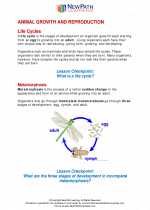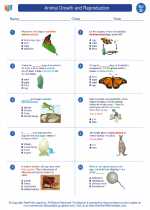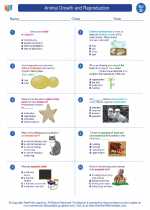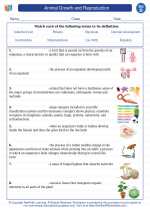Spleen
The spleen is an important organ located in the upper left part of the abdomen, below the rib cage and behind the stomach. It is a crucial part of the immune system and plays several key roles in the body, including filtering and removing old or damaged red blood cells, storing platelets and white blood cells, and producing antibodies to help fight infection.
Anatomy of the Spleen
The spleen is made up of two main types of tissue: red pulp and white pulp. The red pulp is responsible for filtering the blood and removing old or damaged red blood cells, while the white pulp contains immune cells that help fight off infections.
Functions of the Spleen
1. Blood Filtration: The spleen filters the blood, removing old or damaged red blood cells, and recycling their components for reuse in the body.
2. Immune Response: The spleen is an important part of the body's immune system, producing antibodies and storing white blood cells to help fight off infections.
3. Blood Storage: The spleen acts as a reservoir for platelets and white blood cells, releasing them into the bloodstream when needed.
Common Disorders of the Spleen
Some common disorders of the spleen include:
- Splenomegaly: Enlargement of the spleen, which can be caused by various conditions such as infections, liver disease, or certain cancers.
- Splenectomy: Surgical removal of the spleen, usually performed to treat certain blood disorders or injuries.
- Splenomegaly: Enlargement of the spleen, which can be caused by various conditions such as infections, liver disease, or certain cancers.
Study Guide
Here are some key points to remember about the spleen:
- The spleen is located in the upper left part of the abdomen, below the rib cage and behind the stomach.
- It plays a crucial role in the immune system, filtering the blood and producing antibodies to fight off infections.
- The spleen stores platelets and white blood cells, releasing them into the bloodstream when needed.
- Common disorders of the spleen include splenomegaly (enlargement) and splenectomy (surgical removal).
◂Science Worksheets and Study Guides Fourth Grade. Animal Growth and Reproduction

 Activity Lesson
Activity Lesson
 Worksheet/Answer key
Worksheet/Answer key
 Worksheet/Answer key
Worksheet/Answer key
 Worksheet/Answer key
Worksheet/Answer key
 Worksheet/Answer key
Worksheet/Answer key
 Vocabulary/Answer key
Vocabulary/Answer key
 Vocabulary/Answer key
Vocabulary/Answer key
 Vocabulary/Answer key
Vocabulary/Answer key
 Vocabulary/Answer key
Vocabulary/Answer key
 Vocabulary/Answer key
Vocabulary/Answer key
